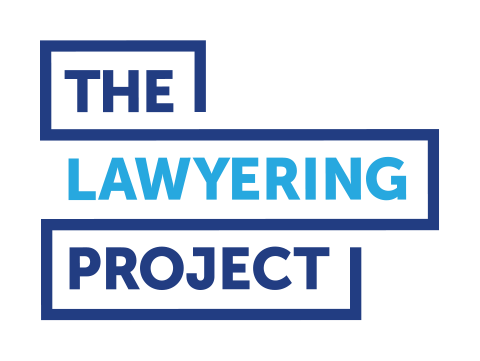Trial Begins Next Week in Legal Challenge to Multiple Indiana Abortion Restrictions
Court to consider ban on telemedicine, other restrictions requiring Hoosiers to make multiple, unnecessary trips for abortion care
03.11.21 –(PRESS RELEASE) Nearly three years after two abortion providers and a pregnancy resource center filed a challenge to a host of abortion restrictions in Indiana, a federal district court will consider the constitutionality of some of these barriers to health care in a virtual trial beginning Monday, March 15.
Specifically, during this phase of the trial, the court will consider Indiana’s ban on telemedicine to provide medication abortion care and other laws requiring an in-person interaction between providers and patients, and restrictions that force patients to make multiple medically unnecessary trips to a clinic.
“All-Options has been supporting Hoosiers seeking abortion for six years, and we’ve seen how the barriers concocted by Indiana politicians interfere with people’s access to care and their ability to make decisions with dignity,” said Parker Dockray, Executive Director at All-Options, a plaintiff in the challenge. “The pandemic has only made it harder for people to take care of themselves and their families, but Indiana continues to put up roadblocks instead of providing the resources and access people really need. We are fighting for a more compassionate Indiana and we’re thrilled to be going to court to make our case.”
Additional restrictions included in the legal challenge will be considered in phases throughout the year, including a ban on abortion clinics from providing abortion care after the first trimester of pregnancy, making such care effectively unavailable throughout the State. Hoosiers are subject to a host of other restrictions when they need to access abortion care, including a mandatory delay of at least 18 hours and biased “counseling” that promotes State-mandated propaganda rather than accurate medical information; these restrictions will also be considered at a later date.
“We are proud to partner with All Options in this case challenging Indiana abortion restrictions. Abortion providers are frontline healthcare workers and our patients need us now more than ever,” said Amy Hagstrom Miller, President and CEO of Whole Woman’s Health and Whole Woman’s Health Alliance, a plaintiff in the legal challenge. “During these uncertain times, barriers to abortion access like the 18-hour waiting period and the telemedicine ban for abortion pills have proved to be especially cruel. Amid this pandemic, Indiana lawmakers should have moved quickly to lift these restrictions to minimize unnecessary exposure. Instead, they have kept medically unnecessary restrictions in place and even introduced more bills that further restrict abortion. It is time to stop placing anti-abortion agendas before community health. We will do whatever it takes to keep our doors open and keep providing quality abortion care services to the greater Michiana community.”
Plaintiffs in this case include Whole Woman’s Health Alliance, All-Options, and an independent abortion provider. They are represented by the Lawyering Project, Kathrine D. Jack of the Jack Law Office LLC, and pro bono attorneys Amy Van Gelder, Lara Flath, Mollie Kornreich, Michael Powell, and Thania Charmani.
“Depriving Hoosiers seeking abortion services the benefit of telemedicine is not only wrong, its unconstitutional,” said Dipti Singh, Senior Counsel and Director at the Lawyering Project. “For too long, Hoosiers have faced a host of indignities and barriers when they need abortion services, indignities and barriers that have only been exacerbated during the COVID-19 pandemic.”
This is not the only legal challenge to the myriad obstacles and indignities Hoosiers face when they need an abortion. In late December 2020, three patients joined their health care providers in a separate challenge to Indiana’s requirement forcing miscarriage and abortion patients to adopt the state’s view of personhood to receive medical care. Specifically, the restrictions force health care providers to dispose of embryonic and fetal tissue from miscarriage and abortion patients like they would a deceased person — either through interment or cremation. The plaintiffs in that challenge are also represented by the Lawyering Project and Kathrine D. Jack of the Jack Law Office LLC.
###

